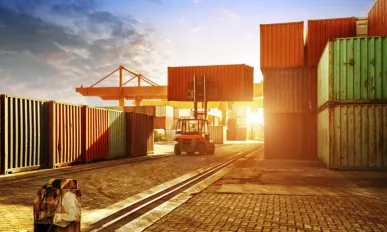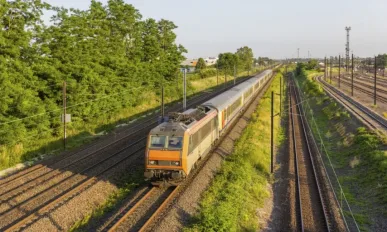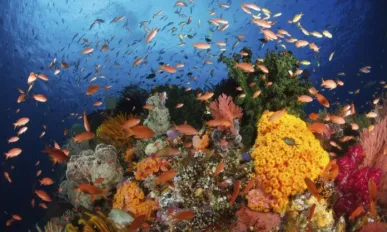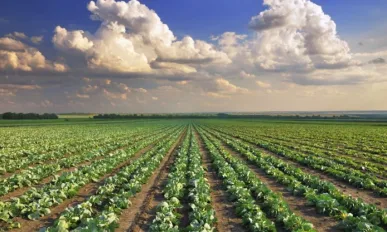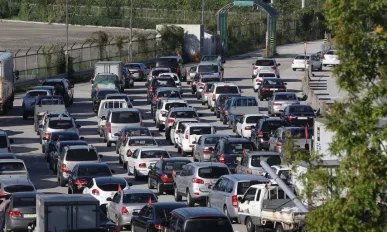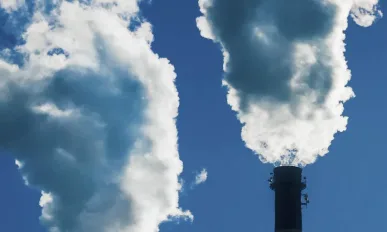New Horizons in International Goods Transport
Transparency, security and reliability of individual containers are factors that are incredibly difficult to verify in the world of international goods transport.
Russian Start-up Prixel Develop Painting-Copying Technology
Russian company Prixel has developed technology that allows copies of paintings that fully convey the texture of the artist’s brushstrokes to be printed at a cost of no more than $200.
French Government Pushes Double Merger between Alstom and Siemens
The French government has pushed a “double merger” between the energy and transport business of Alstom and its European arch-rival, the German engineering company Siemens.
UK Economy Shows Growth for Fifth Straight Quarter
For the fifth time in a row, Britain’s economy has expanded, although growth rates were still slightly lower than expected.
Nokia Reveals New CEO and Q1 Profit Rise
Telecommunications firm Nokia has unveiled a new CEO and reported a net profit for its network equipment business, beating expectations.
CoralFISH : Conserving Biodiversity for the Future of the Planet
CoralFISH has uncovered information on how fish use their habitats in the deep sea, and as a result new tools and methodologies have been developed to address this lack of data.
OPTICHINA : International Horizons in Crop Breeding
OPTICHINA (Breeding to Optimise Chinese Agriculture) is a partnership between the European Union (EU) and China focused on crop breeding.
Engineering Possibilities versus Practical Implementation: Electric Vehicles
This is the second of five roundtable discussions that will be published each Friday on Europe Outlook in the lead up to POWER-GEN Europe. Next week, David, Simon, Jacob and Ulla discuss the pros and cons of nuclear energy.
EU Plans to Cut Greenhouse Gas Emissions by 40 per cent
The EU have ambitious plans to cut CO2 emissions by 40 per cent by 2030, however this is predicted to lead to a drop in the continent’s GDP by between 0.1 and 0.45 per cent based on current trends.
EU Serious about Decarbonising its Economy
This week, the European Commission and senior officials from Member States will sit down for the first time to discuss the Commission’s proposals for EU climate and energy governance reform.



